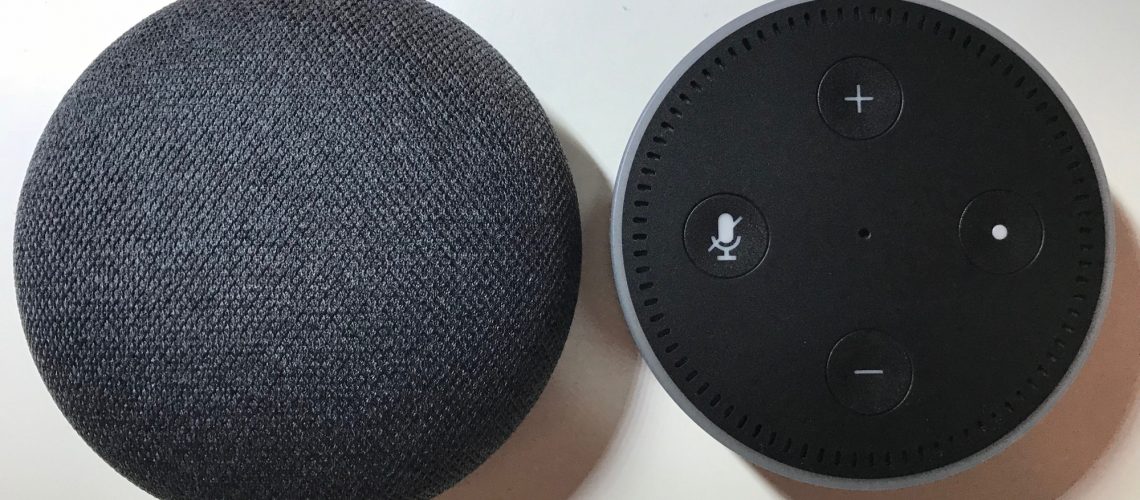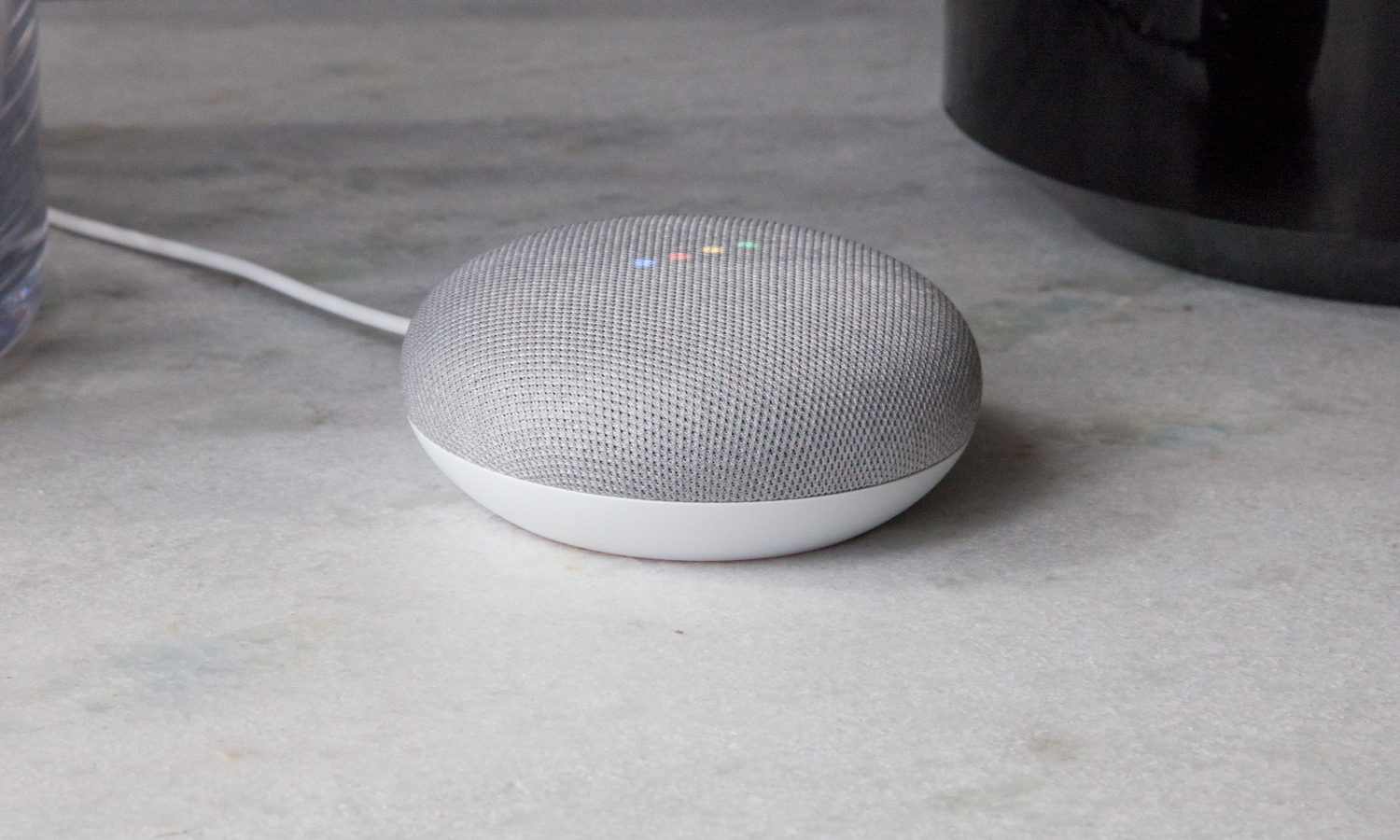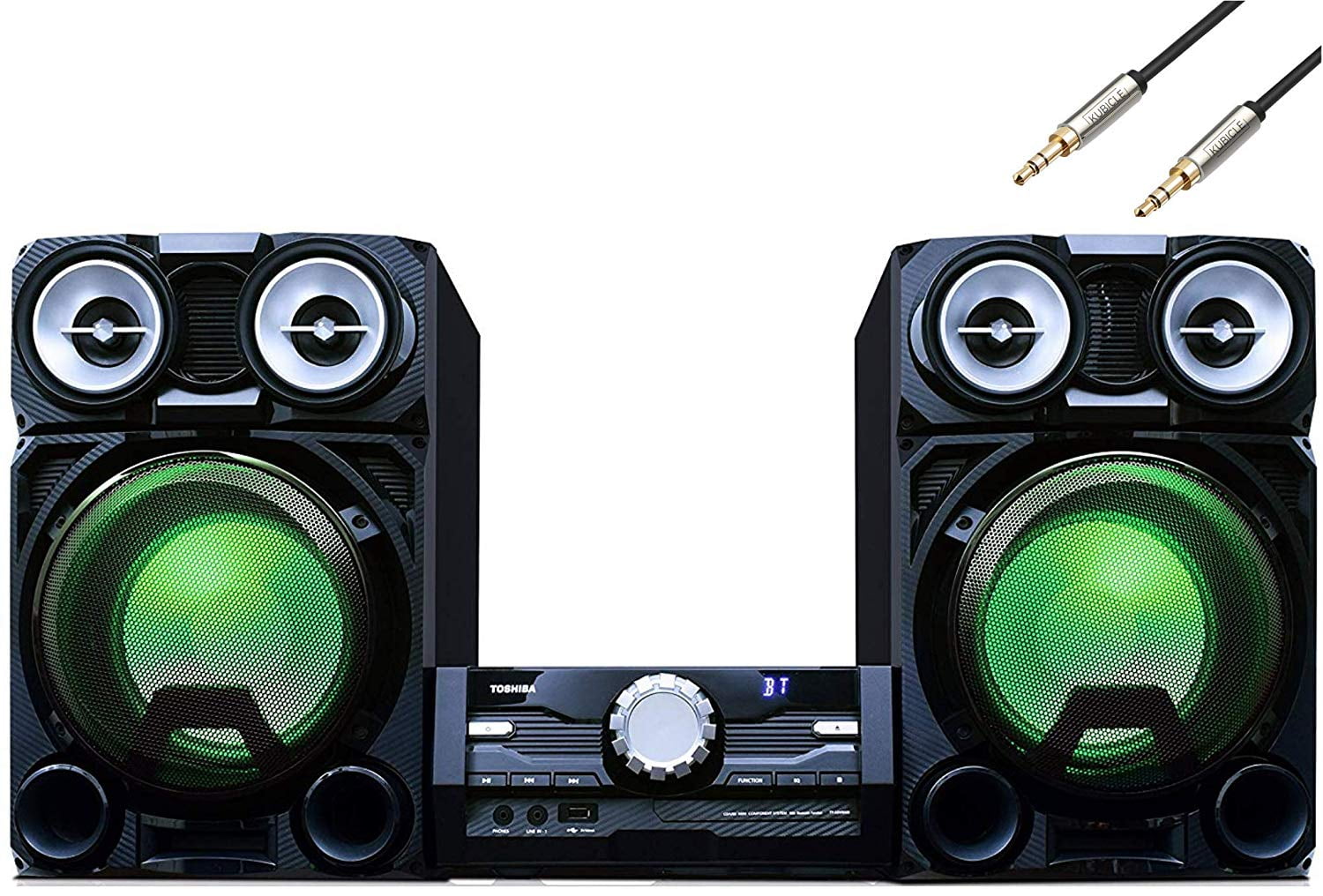Table of Content
A CNET editor since 2013, Ry's beats include smart home tech, lighting, appliances, and home networking. Google has been working on voice recognition for a longer time, and has had more success with it. Google Home also has the advantage of its users being able to give multiple commands at once, which Alexa can’t do. Over time, the gap between the two will continue to slim, but as of now, Google Assistant is still further ahead. One main difference between these two systems is their prices.
The bigger the screen size is, the better the user experience. Resolution is an essential indicator of a screen's image quality, representing the maximum amount of pixels that can be shown on the screen. The resolution is given as a compound value, comprised of horizontal and vertical pixels. The number of megapixels determines the resolution of the images captured with the main camera.
Apple TV might finally be coming to Android, just in time for you to binge Severance
It is compatible with Google Assistant, allowing you to use voice commands to control the device from other Google Assistant-compatible devices. Smart displays pair the abilities of a smart speaker with a screen, which can be useful if you want to watch movies or pair with other smart devices, like an outdoor security camera. They also make hands-free video calling far more convenient and turn out to be really great help in the kitchen to find and display recipes. Yes, you can play music on Google Home and Alexa simultaneously. Using the directions above to connect your devices to Bluetooth, you can use the products as speakers via each app. Frankly, there's very little difference between the two right now.

With a standard mini jack socket, you can use the device with most headphones. An auxiliary input allows you to play other audio sources by connecting them through a simple audio connection like a 3.5mm jack, i.e for MP3 or portable DVD/CD player. Devices with stereo speakers deliver sound from independent channels on both left and right sides, creating a richer sound and a better experience. On simple information searches, Google Assistant attempts to answer more questions, offers a bit more contextual information, and usually gives a longer answer.
Google Home Mini review: A great alternative to the Amazon Echo Dot
So if you have a lot of smart home devices already, Alexa might be your best bet. However, it keeps its four physical buttons on top for volume up, volume down, microphone mute, and the action button to activate Alexa without having to say the wake word. On the back, you're going to find a power port with a 3.5 millimeter auxiliary jack to connect this to an external speaker or to a better sound system.

This powerful speaker can also work with a Sonos multiroom audio system and be controlled by voice using either Alexa or Google Assistant. If you still aren’t sure, think about your planned uses for your smart speaker and check our chart below to see which capabilities match up most with your interests. Grant Clauser has been reporting on and testing electronics since the arrival of the first DVD player and has held top editorial positions in numerous trade and consumer publications. Grant has had AV training and certifications from the likes of THX, ISF, the Home Acoustics Alliance, and Sencore.
Amazon Echo versus Nest Audio versus HomePod Mini specs at a glance
Then Google Home is probably for you, as the two areas are only going to become ever-more-closely linked. Google's natural language understanding is superior too, even if its voice implementation still needs some refinement. If you're going for pure sonic superiority between the Echo and Google Home ranges however, opt for the Google Home Max. Its bass is well tuned, its mids and highs well defined, and its top volume levels loud without verging into highly distorted territory. And, despite its looks, the Echo Show sounds better than the Echo Plus and Echo, though not so dramatically as to forgive it some of its other failings.
Now when I initially saw that they moved the light to the bottom of the Echo Dot, I was concerned that you weren't really going to be able to see that light at all. The light now reflects off the surface, making it actually even brighter and easier to see than it was before. If you're looking to bring some smarts into your home, we've got two great candidates right here. We're going to be comparing these two speakers side by side to see how they each perform. All the benefits of the larger Echo, but with a smaller speaker and a smaller price.
The smarter smart-home boss
Meanwhile, the Echo Dot has a 1.6-inch speaker, with the third generation device featuring its largest driver yet, producing 70 percent better sound. When it comes to Google Home Mini vs Echo Dot, the Echo Dot comes out on top for sound quality because it has a slightly deeper, richer sound than its competitor. Signe Brewster has spent the past seven years writing about emerging technology, including the evolution and long-term implications of robotics, AI, and automation. She wrote Wirecutter’s guide to smart displays and secretly wishes someone would bring back Jibo. The difference is clear when you listen to the two assistants speak. With the Echo Dot, Alexa's voice is a little tinny-sounding, and music playback not much better than what you'd get from your phone.
Now, whenever you ask the Google Home Mini to play Kajagoogoo’s Greatest Hits, the music should come out of your Alexa speaker. You can still ask Alexa whatever you like while she’s playing the Google Home Mini’s music. Spectrum Mobile Review 2022 Existing Spectrum customers can get a cheap and powerful cell phone plan.
The Google Home Mini puts all of the smarts of Google Assistant into a small and affordable package. The Mini sounds surprisingly good for its size and features a colorful design that can blend into your home's decor. The Echo Dot and the Dot with Clock both retain the iconic color-changing LED status ring around their base. It adds a bit of interest, but also makes the Echo Dot more noticeable with its dazzling and mesmerizing glow whenever it’s accessed.
The 4th-Gen Echo isn’t just a smart speaker — it can also help get smart home gadgets online and keep them connected using its built-in Zigbee hub. While other smart speakers require you to have a dedicated hub for, say, pairing a set of Philips Hue lights, the Echo lets you do it all from a single device. Simply say a trigger word and tell it what you want to listen to, and it starts playing. But they’re also digital assistants that can be used to control smart devices, order products online, and much more. Both Alexa and Google Assistant are pretty good at these tasks, but Alexa can do more things, especially when it comes to controlling smart-home gear. They can both control most mainstream smart home devices, can both find information from the web, connect to music streaming services, and so on.
When it comes to answering life’s questions, big or small, Google’s main advantage over Alexa is, well, Google. In countless hours of testing, Google Assistant attempts to answer more questions, offers a bit more contextual information, and usually gives a longer answer than Alexa almost every time. The Google Home app is used mostly for setup, though you still need to access it for things like shopping lists. Originally hailing from Troy, Ohio, Ry Crist is a text-based adventure connoisseur, a lover of terrible movies and an enthusiastic yet mediocre cook.
This helps him gain perspective on the mobile industry at large and gives him multiple points of reference in his coverage. Outside of work, Manuel enjoys a good film or TV show, loves to travel, and you will find him roaming one of Berlin's many museums, cafés, cinemas, and restaurants occasionally. You can also read our full guide to the best smart speakers here to learn more about how they work and the privacy concerns many people have with them. The Google Home Mini has 360-degree sound and a 1.57-inch driver.
By comparison, the Home Mini makes the Google Assistant sound warmer and more natural. Music playback was more passable with the Home Mini, too -- though, like the Dot, you really shouldn't plan on using it for anything more than close-range, casual listening. Small speakers like the Mini aren't going to replace your full-scale home audio setup anytime soon. Still, Google made a point of saying that people would be surprised by how much sound the Mini can put out. Sure enough, it sounded stronger than I expected -- and noticeably stronger than the Echo Dot -- as I began testing it out.


